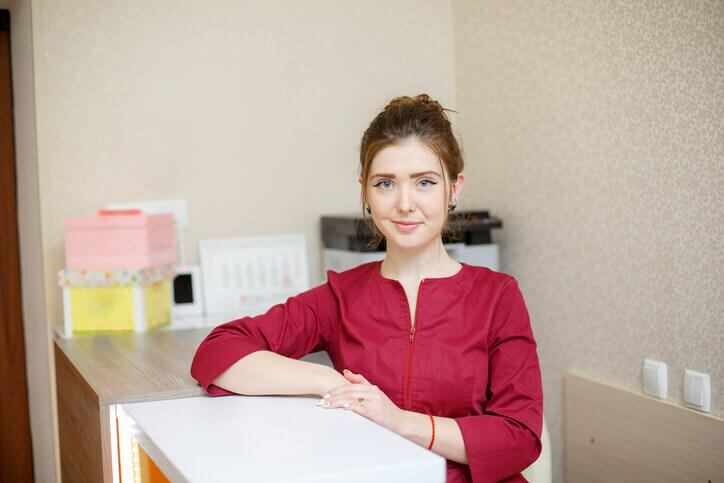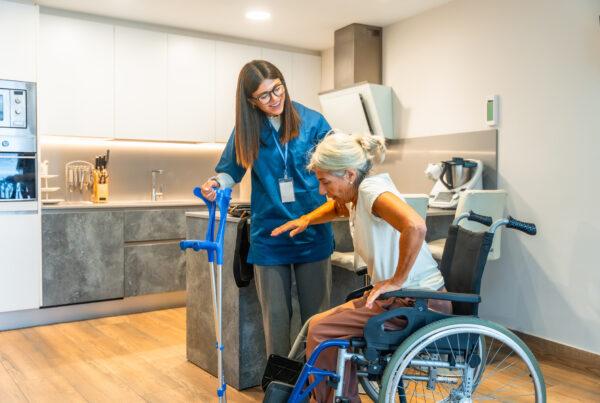
The world of healthcare is deeply rewarding. Daily, professionals in the field touch countless lives, providing comfort, support, and essential medical assistance to those in need. The skills you bring to the table are invaluable as a caregiver, especially after undergoing healthcare aide training. But while the job has its rewards, it also has its challenges. This is why self-care, a term often discussed in wellness communities, is paramount for those who choose this noble career path.
According to the National Institutes of Health, self-care means taking the time to do things that help you live well and improve your physical and mental health. As a healthcare worker, self-care can help you be the best version of yourself, which will only bode well for the people who need you in the long run. This blog post highlights the importance of self-care for healthcare professionals.
Why Is Self-Care Crucial for Professional Caregivers?
One of the most significant advantages of self-care is that it helps you process and cope with the emotional demands of the job. Caregiving often exposes you to vulnerable moments in people’s lives. From managing patients with chronic pain to being present during end-of-life scenarios, healthcare aides regularly face intense emotional situations. Processing these feelings and ensuring they don’t accumulate is essential.
As our healthcare aide courses emphasize, caring for people in need also physically affects caregivers. Manual handling of patients, standing for extended periods, and performing repetitive tasks can strain the body. Practicing self-care can help ensure that these tasks do not overwhelm you. Without regular self-care, the emotional and physical demands can lead to exhaustion, reduced efficacy, and even burnout, which is detrimental to both the caregiver and the patients.

As our healthcare aide courses emphasize, self-care helps workers perform optimally
Self-Care Tips for Professional Caregivers
Taking note of and effecting these practices can help you avoid physical and mental burnout:
- Regularly Check in with Yourself: Pay attention to your body and emotions. If you’re feeling particularly fatigued or emotionally drained, it might be time to take a step back and relax.
- Seek Support: Sharing feelings with trusted friends, family, or colleagues can be therapeutic. If needed, consider professional therapy. Many institutions offer counseling services for healthcare workers.
- Physical Health: Regular physical activity, even just a short walk. This maintains physical health and also acts as a stress buster.
- Rest: Ensure you’re getting sufficient sleep. Sleep rejuvenates the mind and body, and it’s essential for caregivers who need to be alert during their shifts.
- Mindfulness and Meditation: These practices can help you stay centered and maintain emotional balance. Many caregivers find solace in deep breathing exercises, yoga, or simple meditation routines.
- Set Boundaries: As much as you want to be there for every patient, you must recognize when you need a break. Setting boundaries ensures you can provide the best care possible on duty.

Regular physical activity is a good form of self-care, as our healthcare aide courses emphasize
The Role of Quality Healthcare Aide Training
Training is more than just acquiring skills; it’s also about laying the foundation for an enduring and successful career. For healthcare aides, quality training can help them navigate the sometimes turbulent waters of their profession.
A robust healthcare aide training program, such as the one we offer at the Academy of Learning Career College (AOLCC), doesn’t merely teach the techniques of the job; it delves into the emotional intricacies that are part and parcel of caregiving. It equips students with strategies to confront and process the myriad emotions they’ll encounter, from the jubilation of recovery to the somber moments of loss.
Further, physical preparedness goes beyond the basics. Comprehensive training teaches students the nuances of patient care, emphasizing the importance of self-preservation. With the correct techniques, the risk of injury to patients is reduced, and caregivers themselves are less likely to suffer from physical ailments or burnout.
The career trajectory of a healthcare aide will inevitably have its bumps and turns. Quality training reinforces the significance of resilience, offering tools and mindsets that help students rebound from setbacks and continue their journey with renewed vigor. Training programs ensure that students see challenges as learning opportunities rather than insurmountable obstacles by instilling a sense of perseverance.
Are you interested in our world-class healthcare aide diploma?
Contact AOLCC AB for more information.





